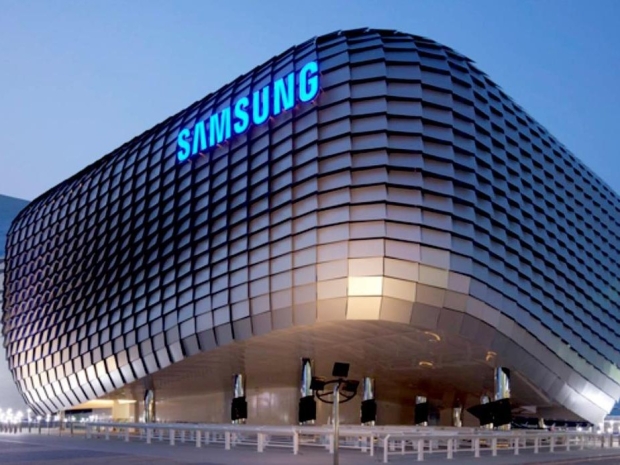Shares in SK Hynix dropped nearly five per cent while Samsung Electronics lost more than two per cent after the US Commerce Department stripped both firms of their “validated end user” status. That special label, handed out by former president Joe Biden, let the companies ship chipmaking tools into China without applying for a licence each time.
Under the new rules, they’ll need to grovel for a licence like everyone else or front up with a nice Jet for Donald Trump's library. According to Washington, it is closing what it called a “Biden-era loophole” which apparently wasn’t a problem until someone in a suit got twitchy about Chinese competitors getting a leg up.
The commerce department claimed it would still approve licences to allow these companies to keep existing Chinese fabs running, but made it crystal clear that expanding or upgrading those plants is off the menu.
Samsung has its NAND flash empire in Xi’an, which spits out about 30 per cent of its total NAND production. SK Hynix’s DRAM operation in Wuxi makes up 35 per cent of its output, and its NAND site in Dalian, a recent pickup from the floundering Troubled Chipzilla, handles another 37 per cent.
According to Nomura joint Asia-Pacific research boss CW Chung, Samsung and SK Hynix were banking on the US waiver sticking around while they quietly polished their Chinese operations. “The short-term impact on their production in China is limited. But they will have to think hard now whether to continue their operations there,” Chung said.
Korea Institute for Industrial Economics and Trade researcher Kim Yang-paeng, warned that the new limits will freeze Chinese output at the “legacy” chip level, widening the tech gap with the fancier memory gear produced back in South Korea.
“Strong demand for legacy memory chips” will keep Chinese plants ticking over for now, Kim said.
According to Bernstein analyst Stacy Rasgon, the US is unlikely to boot Samsung and Hynix out of China altogether because doing so would wreck global supply chains and jack up prices.
“It does demonstrate that geopolitical tensions will likely only become tighter over time,” Rasgon said, pointing to an uptick in domestic substitution schemes.
China’s homegrown rival CXMT has elbowed its way into the DRAM market, grabbing five per cent from a standing start in 2020 and planning even more growth. That kind of aggressive expansion means the pressure is well and truly on.
Samsung refused to comment. SK Hynix mumbled that it would “minimise the impact on our business” and then presumably returned to panic mode.




